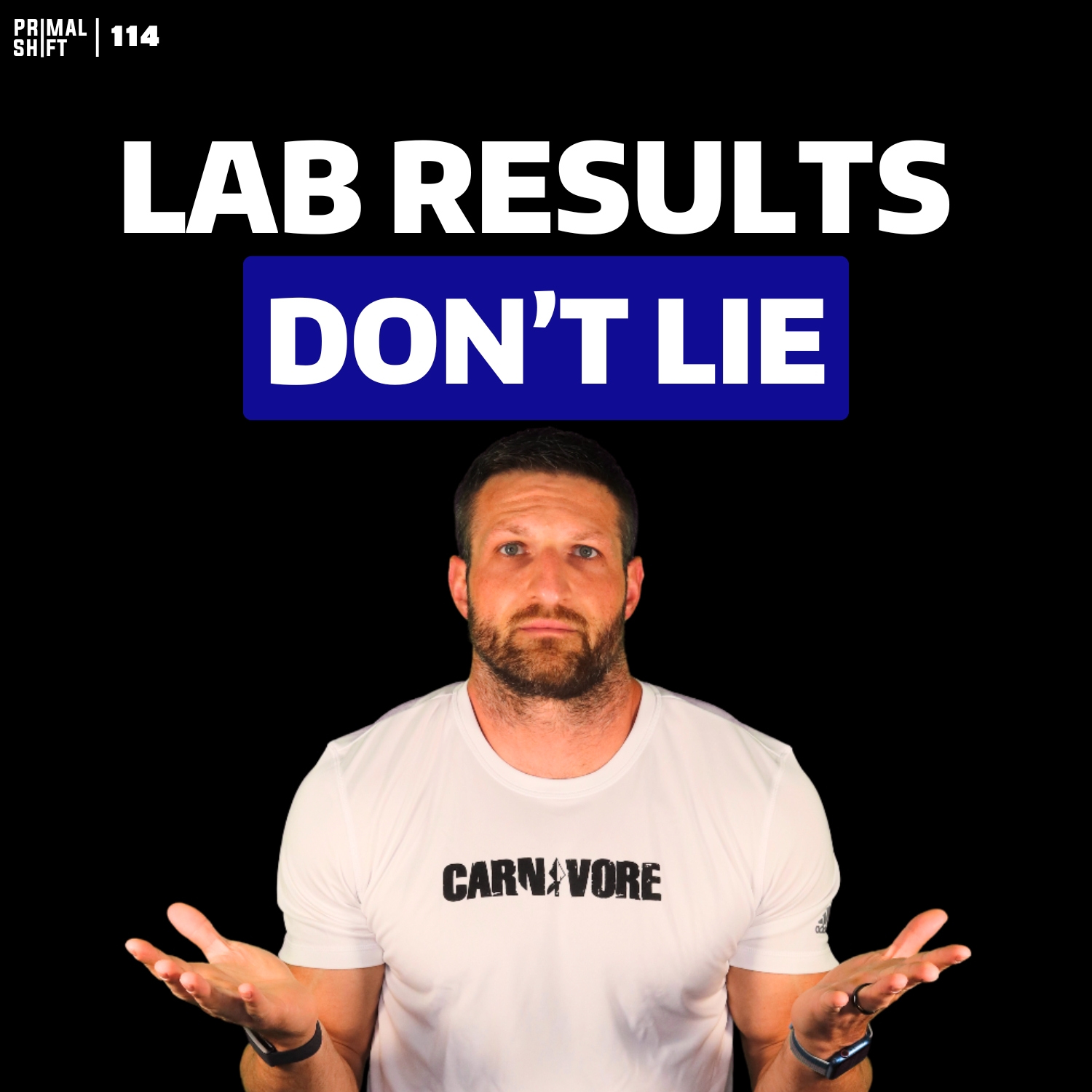Podcast Episode Details
Back to Podcast Episodes
114: The Dirty Secret in Protein Powders – What Consumer Reports Found!
Season 2 Episode 114
When Consumer Reports recently claimed that protein powders contain "high levels of lead," it sparked fear and confusion. In this episode, I break down what's actually going on, including how heavy metals end up in supplements, which types are most affected, and how to protect yourself without overreacting.
Plant-based protein powders like rice, pea, soy and hemp often have the highest levels of contamination. These crops naturally absorb metals like arsenic, lead and cadmium from soil and water. And contamination can worsen during drying and processing because dust, machinery and open-air exposure add more pollutants.
Plus, since powders are concentrated forms of food, the heavy metals in plants become concentrated too — right along with the nutrients.
Animal-based proteins, by contrast, usually test cleaner. Grazing animals act as biological filters, and their tissues and milk contain far lower metal levels than the plants they eat. That's why whey or beef isolate powders generally have lower contamination levels than plant-based alternatives.
It's also important to understand that the danger associated with heavy metals doesn't come from a single scoop. Rather, it comes from slow, cumulative exposure over years. Lead, cadmium and arsenic all build up in tissues and organs, increasing the risk of neurological, kidney and cardiovascular problems. So rather than panicking, your goal should be to minimize exposure wherever you can.
At MK Supplements, every batch we sell is tested five times – from raw ingredient to finished product – using detection thresholds far below so-called "safe" limits. Not all labs or brands test to that standard, and two products that both "pass" can differ dramatically in purity.
If you use supplements regularly, ask for lab reports. Learn how to read them. Favor unflavored, animal-based powders or brands that publish detailed results. The smallest details add up. And that's what keeps your daily habits from quietly working against your health.
Learn more: For more details on how we test MK Supplements for purity, potency, and heavy metals, visit our lab testing page: https://help.michaelkummer.com/en-US/lab-testing-178705 You can also read the original Consumer Reports article that started this discussion: https://www.consumerreports.org/lead/protein-powders-and-shakes-contain-high-levels-of-lead-a4206364640/
Thank you to this episode's sponsor, OneSkin!
OneSkin's lineup of topical skin health products leverage the power of the company's proprietary OS-01 peptide to remove dead skin cells, improve collagen production, increase skin hydration and more.
Check out my before and after photos in my OneSkin review: https://michaelkummer.com/health/oneskin-review/
Get 15% off with my discount code MKUMMER: https://michaelkummer.com/go/oneskinshop
In this episode: 00:00 Intro 00:41 Understanding the source of contamination 02:15 Plant-based vs. animal-based protein powders 07:53 The impact of heavy metals on health 09:52 How to choose safe supplements 14:55 Final thoughts and recommendations
Find me on social media for more health and wellness content:
-
Website: https://michaelkummer.com/
-
YouTube: https://www.youtube.com/@MichaelKummer<
Published on 1 week ago